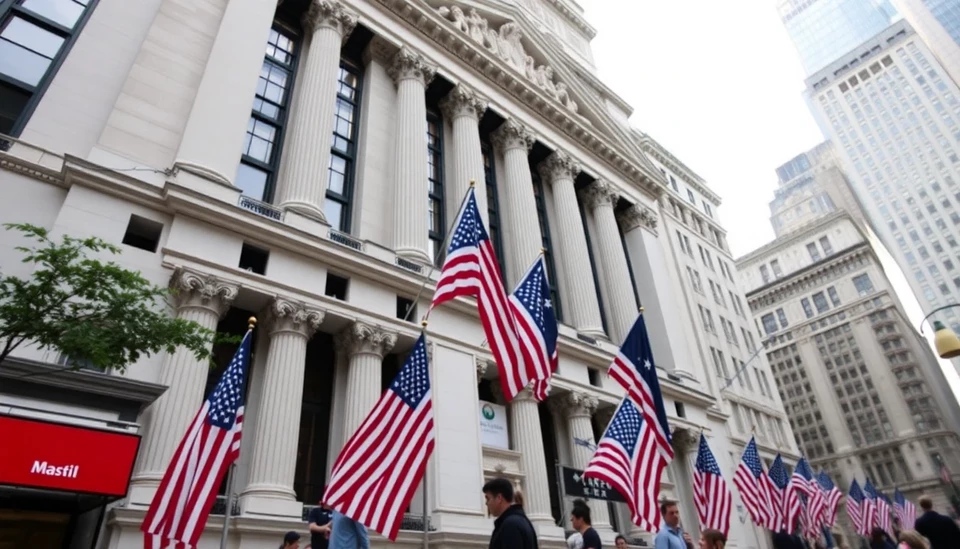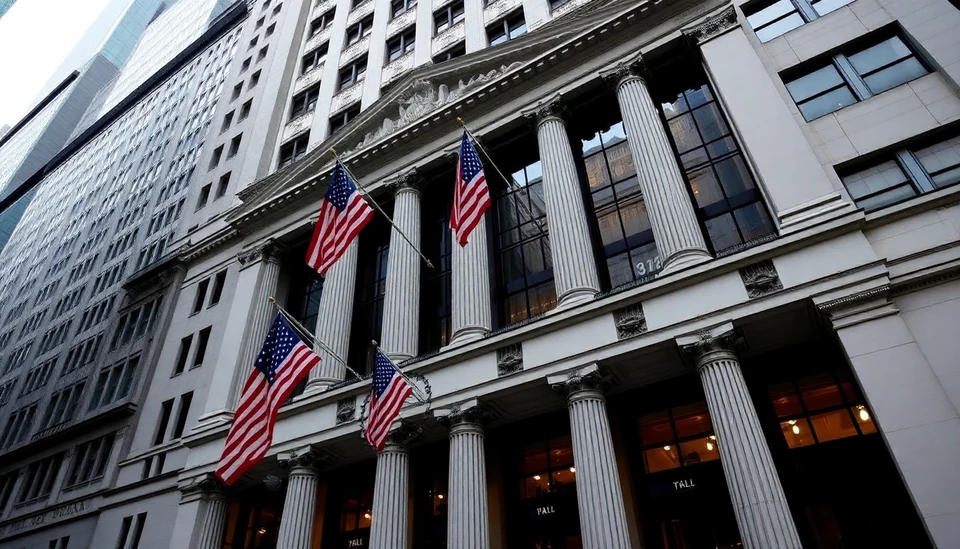
In a stunning development for the finance sector, Wall Street's bonus pool has soared to an unprecedented $47.5 billion for the year 2024. This remarkable figure, which represents an astronomical increase, has set the stage for an intense debate about wealth distribution among financial institutions and their employees.
The surge in bonuses is largely attributed to a substantial rebound in the stock market, which has seen significant gains over the past year, coupled with strong performance across various investment sectors. Investment banks have recorded impressive profits, driven by robust trading activity and lucrative advisory fees. The surge has sparked a renewed focus on compensation practices within the industry, particularly in light of the socio-economic disparities many have been drawing attention to.
Analysts suggest that the uptick in bonuses may lead to heightened scrutiny from regulators and lawmakers, who have long been concerned about the growing divide between the rich and poor. The financial sector has often found itself in the crosshairs of criticism, especially during times of economic hardship when average Americans struggle while top executives see their compensation packages swell.
In a noteworthy twist, this year’s bonus increase has ignited discussions about how firms allocate their earnings. Critics argue that with such vast sums being handed out in bonuses, firms should reassess their spending and consider investing more significantly in workforce development, technology advancements, and sustainable practices. Amid growing concerns about climate change and corporate responsibility, the pressure is mounting on Wall Street to showcase a commitment toward a more equitable and sustainable future.
Additionally, many financial professionals and industry insiders find themselves in a unique position, as they experience a windfall that, while substantial, brings with it the accompanying anxiety regarding job stability and future earnings potential. The anticipation about how this bonus pool will be distributed is already causing ripples in the industry, with expectations that major bonuses will be concentrated among top executives and high-performing traders, further exacerbating inequality within firms.
As firms prepare to announce bonus structures, many will undoubtedly face challenges from employees demanding transparency and fairness in compensation. Interest groups advocating for pay equity are likely to ramp up their efforts to push for reforms that ensure a fairer distribution of wealth, particularly in the financial services sector.
The context of this surge in bonuses cannot be underestimated either. With inflation cooling and markets stabilizing, financial institutions are feeling optimistic about the year ahead. There are indications that if the current trends continue, we may see another lucrative year for Wall Street, with pleading calls for vigilance against the potential ramifications of such wealth concentration.
The path ahead for Wall Street remains uncertain, but one thing is clear: with a bonus pool reaching monumental heights, how firms and their employees navigate this new landscape will likely shape future discussions about equity and responsibility within the financial industry.
#WallStreet #Bonuses #FinanceNews #EconomicInequality #InvestmentBanking #MarketTrends #WealthDistribution #FinancialSector
Author: Samuel Brooks




